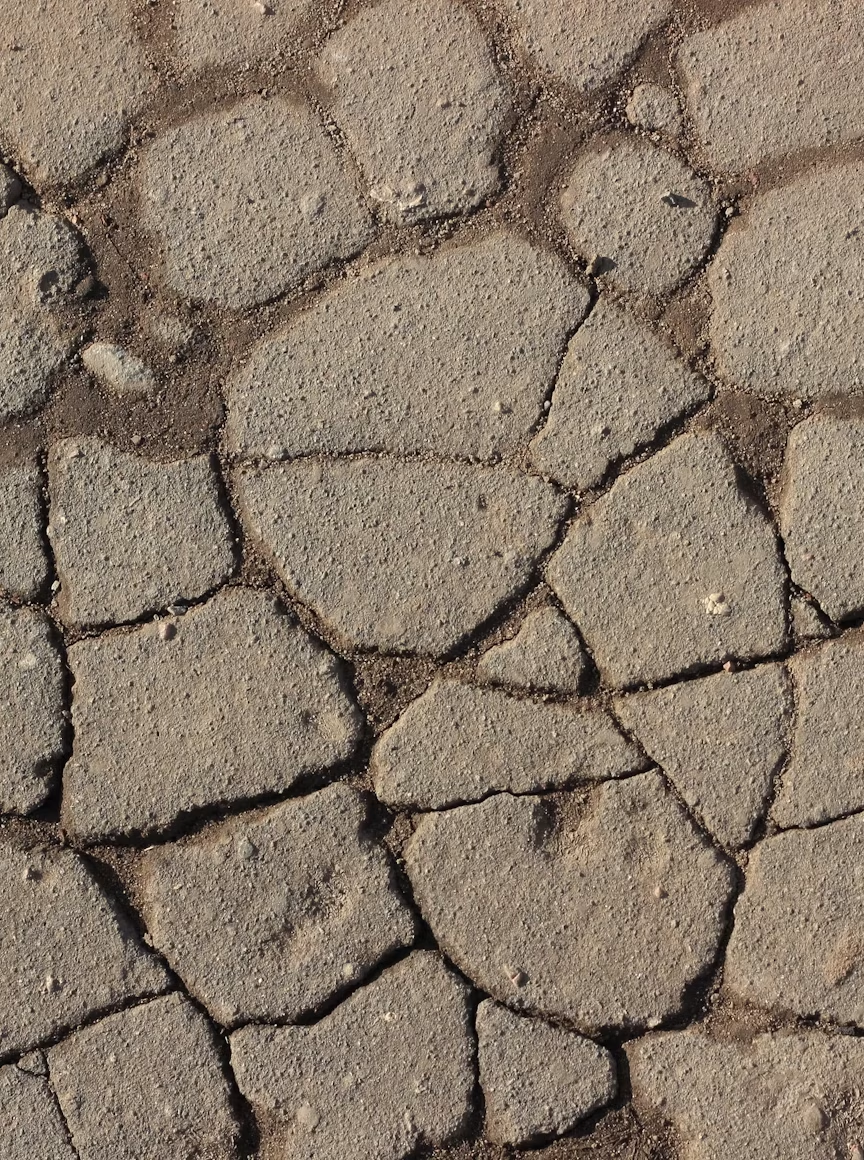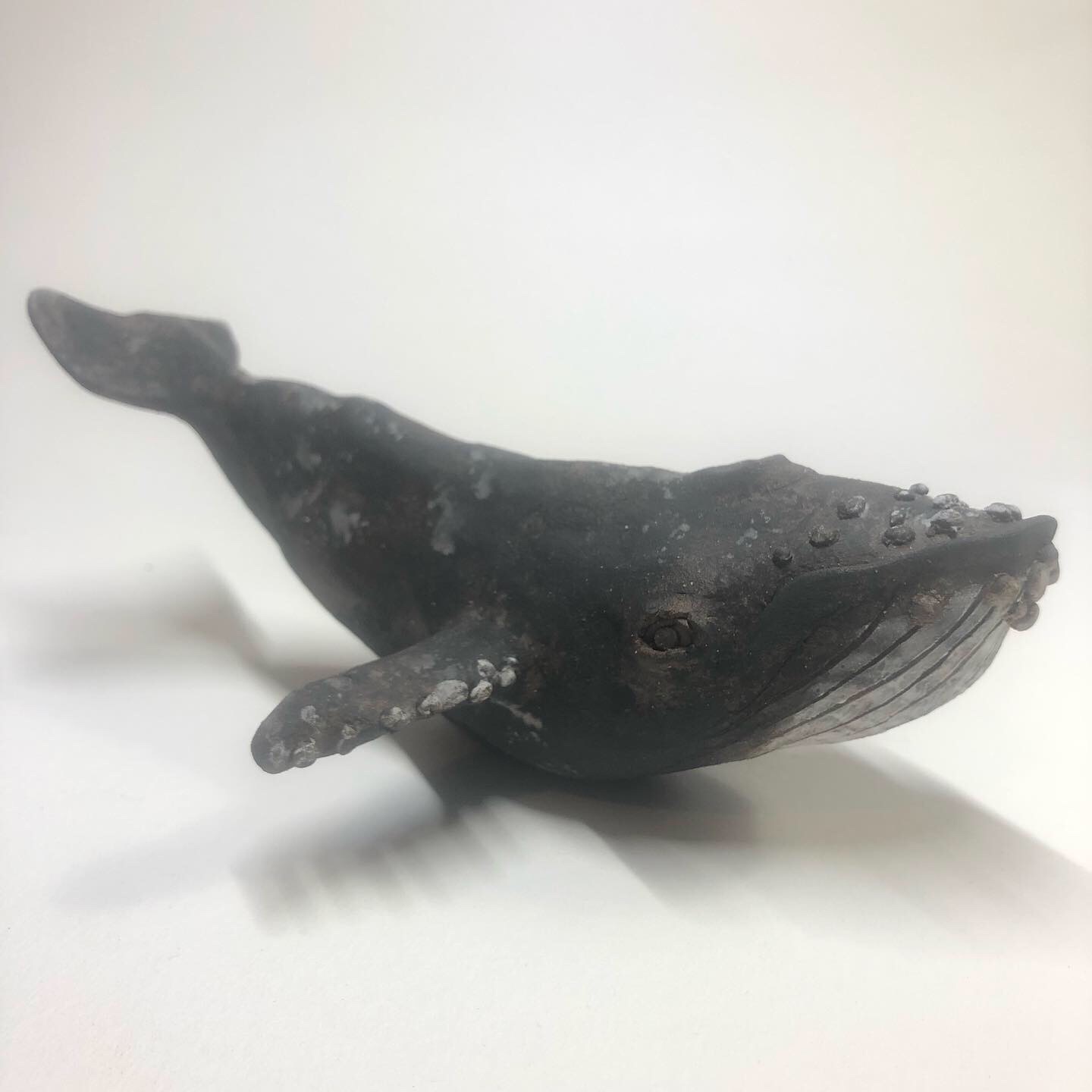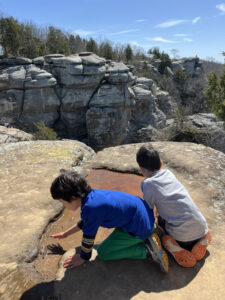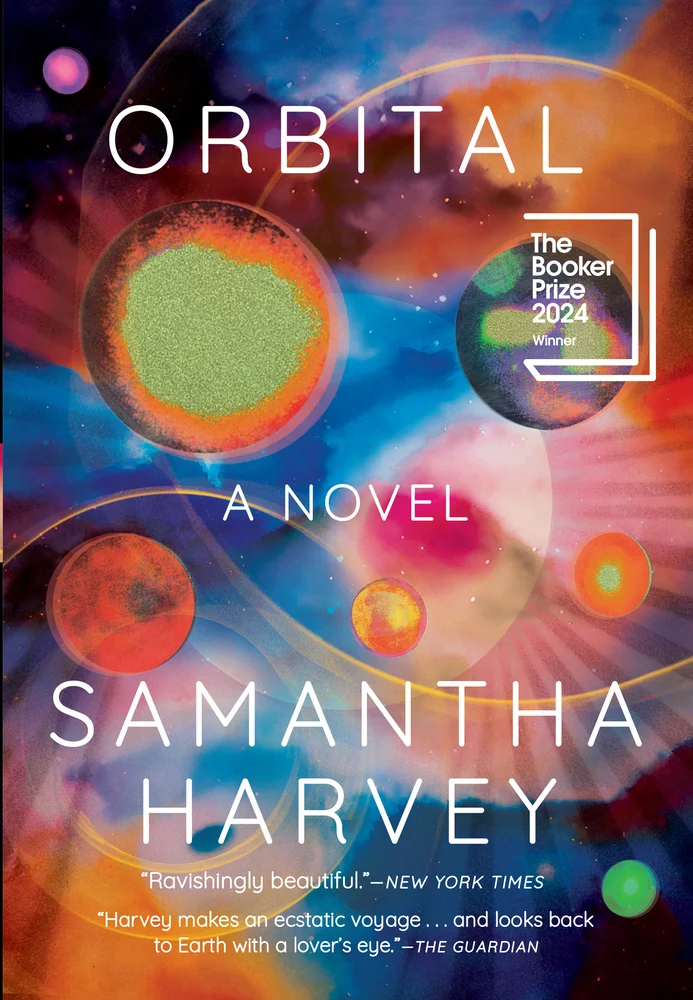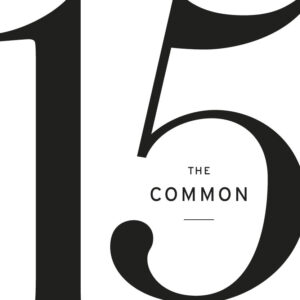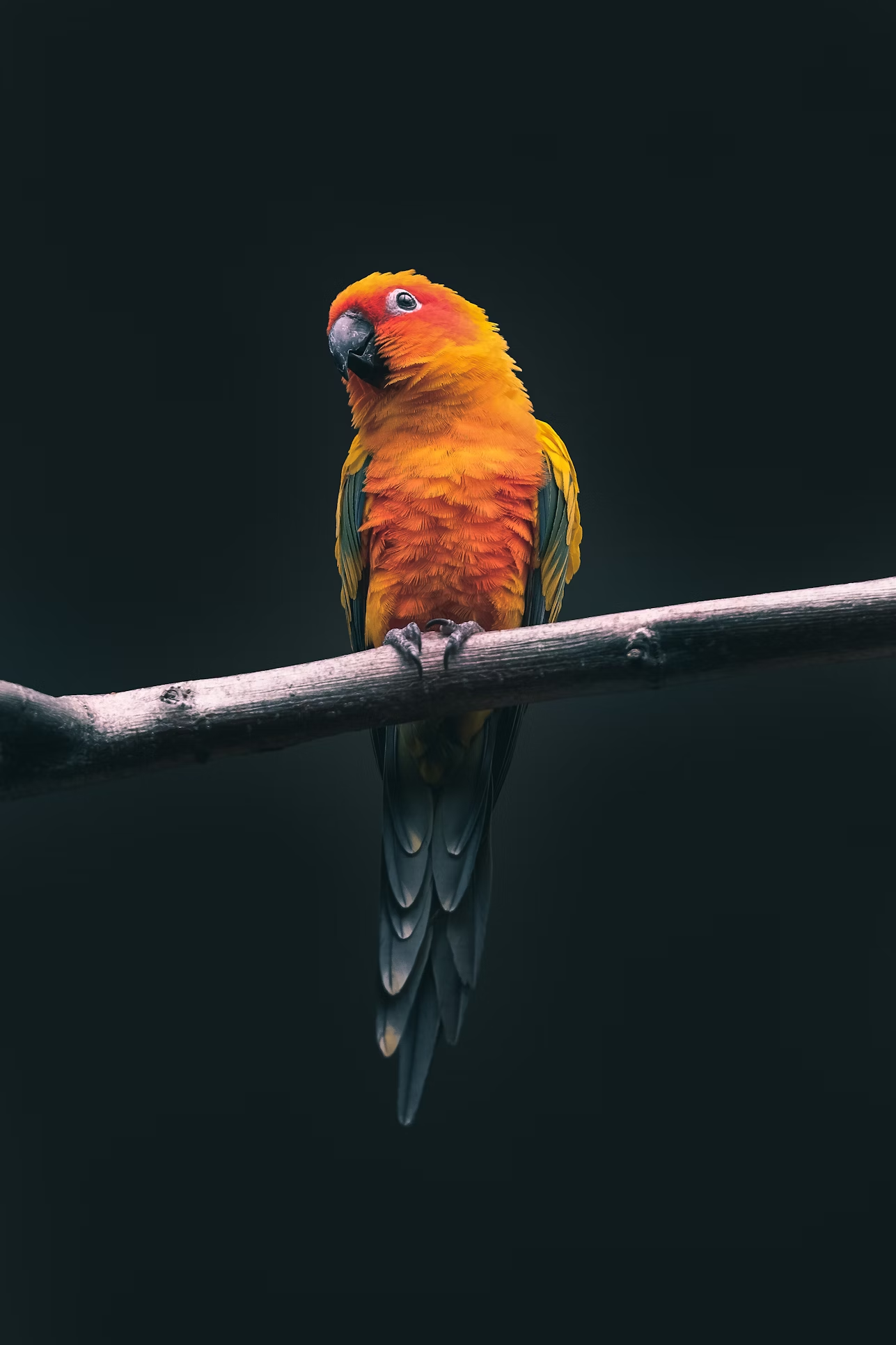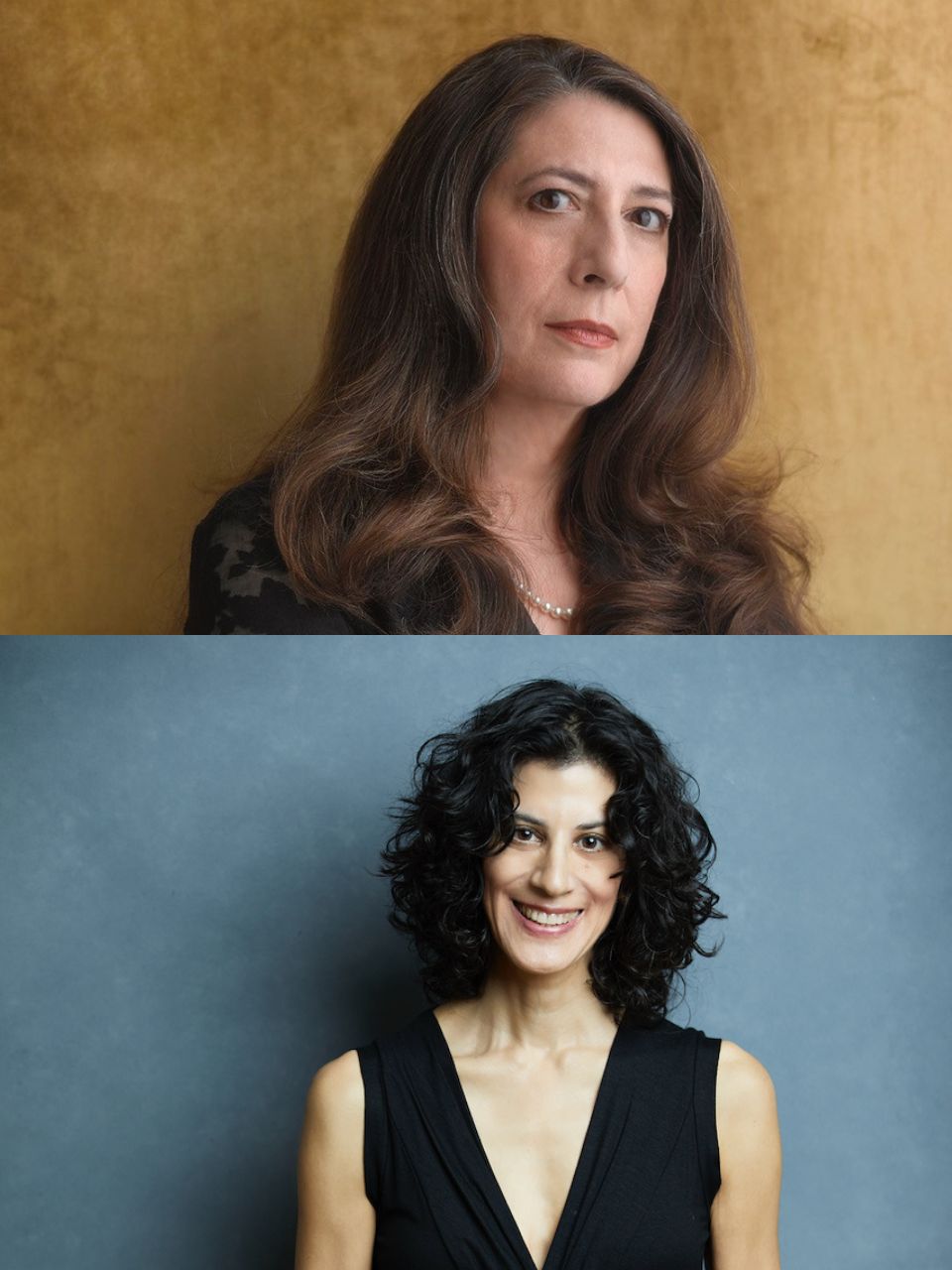Translated from the German by MELODY MAKEDA LEDWON
Translator’s Note
“I need you to translate my book. You’re the person I would ask,” Simoné said to me as we sat on a panel about intersectionality and translation at the Translationale Berlin in the winter of 2023. We laughed briefly at how she had managed to weave this translation proposal into her response to a question about challenges in the German translation industry. Honored, intrigued, a bit nervous, I accepted.
Messer, Zungen, written primarily in German, explores how the erasure of Black people and people of color from the culture of remembrance within the Cape Coloured community in South Africa, also known as Camissa, is intimately tied to their displacement from ancestral lands and historic communal sites. Resisting racial violence, reclaiming memory, history and language therefore involves both returning to lost places and being resilient in hostile spaces. I found the role of language in this context particularly fascinating. The characters speak, remember, and experience their worlds in multiple languages, including Sesotho, English and Afrikaans, creating a mosaic of languages. In my initial draft of “Choir” and “Motherness,” I focused on how to recreate this rich tapestry of language in translation. As I began to revise, and consult with SGL and several colleagues, I concluded that it was most important to respect the characters’ language choices. Above all, I sought to capture the commonplace reality of multilingual worlds and communities. SGL adeptly portrays these realities in her novel without explaining them or making them more palatable to an imagined external audience. In contrast to the original, where passages written in English stand out, in the translation they seamlessly blend into the main language of the text, resulting in a new language mosaic.
—Melody Makeda Ledwon
